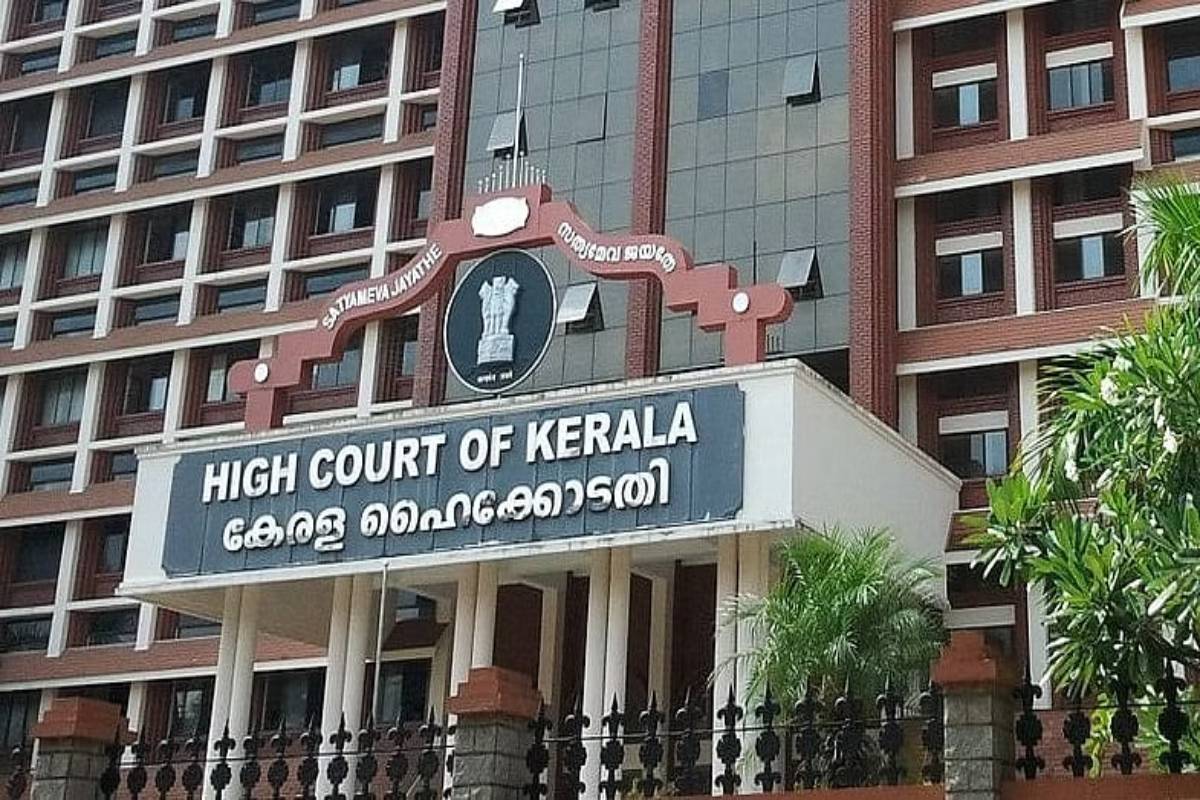The Kerala High Court has held that it is up to the building owner to decide whether or not to collect parking fees from customers while using the shopping facility and services offered in the building.
The HC held this while hearing two writ petitions challenging the collection of parking fees from vehicles parked in the parking area of Lulu Shopping Mall at Edappally in Kochi. The Single Bench of Justice VG Arun further held that, “For operating multilevel parking facilities around the commercial establishment that operate as stand-alone buildings used for parking, a licence under Section 475 of Kerala Municipality Act is required.”
The high court further said, “Collection of fees from the vehicles parking in the 1083 parking slots in the basement of Lulu Mall is legal, but the collection of fees from vehicles parking in the multilevel parking facility, without obtaining a licence under Section 475 of the Kerala Municipality Act, is illegal. If the company intends to utilise the multilevel parking facility near the shopping mall and collect parking fees from persons using the facility, that can be done only under a licence issued in terms of Section 475 of the Act.”

The HC was hearing the petition of Bosco Louis and Pauly Vadakkan, who had approached the HC in the matter.
They contended that since ‘Rule 20’ of the Kerala Municipality Building Rules mandates the provision of a parking space, it cannot be charged for. The petitioners also sought a refund of parking fees.
“The purpose of a mandatory parking space is to prevent visitors to the mall from parking on the road, and this objective would be undermined if the mall was allowed to levy a high parking fee. By charging parking fees, the company has transformed the parking area into a cart stand for which a separate license under Section 475 of the Kerala Municipality Act was required,” the petition stated.
On this, the high court observed that “Under Rule 7(9)(D) of the Kerala Municipality Building Rules of 1999, an applicant is required to show a parking plan with parking spaces, driveways, and manoeuvring spaces in order to get a building permit. This court is also of the definite view that it is the prerogative of the building owner to decide whether parking fee is to be levied from the customers, parking their vehicles for utilising the shopping facility and services provided in the building”.
It further said, “If the building owner decides to levy fees, such activity can be carried out only under a licence issued by the local authority. Under the Kerala Municipality (Issue of Licence to Dangerous and Offensive Trades and Factories) Licensing Rules, 2011, issued in terms of Section 447, businesses that require licenses are listed in Schedule I. The pay and park facility is one such activity that requires a license as per the Schedule”.
“Therefore, since pay and park are now included in the list of activities for which a license can be granted under Section 447, a license under Section 475 is no longer necessary to collect fees from people using the parking area. This conclusion is also supported by Rule 29(9) of the KMBR, 2019, which states that the mandatory parking space required by the rules can be sold or let out to those using the building,” the HC stated.
It also ruled that the above argument would not apply to multilevel parking facilities, which are separate structures used solely for parking vehicles.
“Even though the vehicles parked in the company’s multilevel parking facility are those that have spilt over from the basement parking area of the Mall, charging fees for parking is a commercial activity and therefore, the company is operating a cart stand. As a result, this would require a license issued under Section 475 of the Act,” the HC stated.












